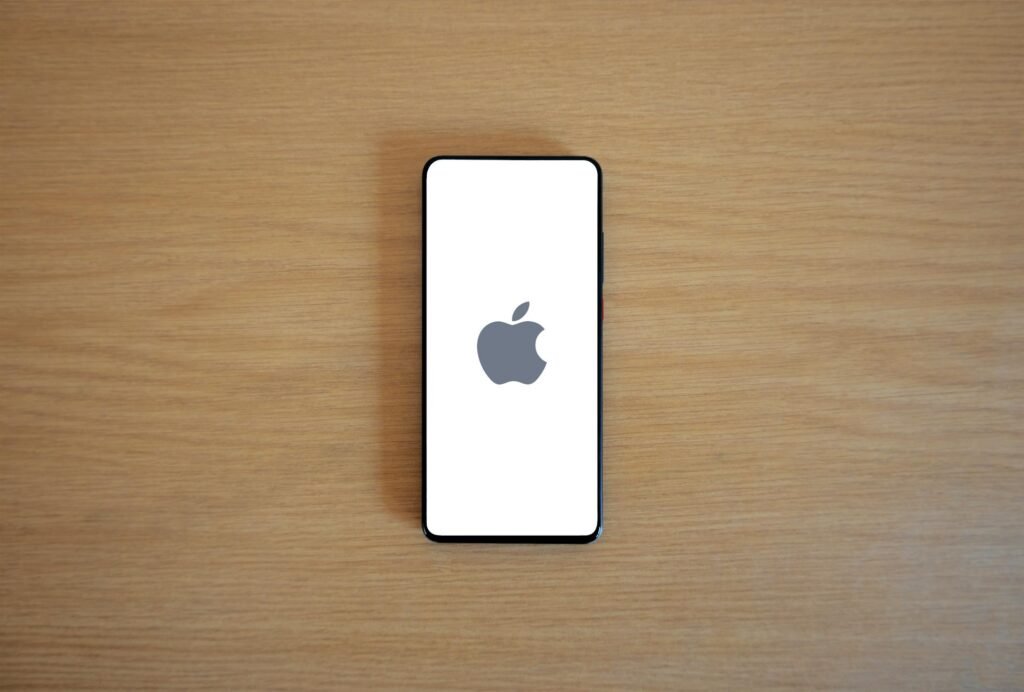
In a major development, the European Commission has accused Apple Inc. of violating EU antitrust regulations. This move marks a significant escalation in the ongoing scrutiny of tech giants by European authorities. Apple, one of the world’s most influential technology companies, is now at the center of a high-stakes regulatory battle that could reshape its business practices in the European market.
EU’s Allegations Against Apple
The European Commission’s accusations against Apple revolve around the company’s App Store policies. These policies, according to the Commission, are designed to unfairly restrict competition and maintain Apple’s dominant market position.
Key Allegations:
- Monopoly Practices: Apple allegedly forces developers to use its own in-app payment system, which includes a hefty commission fee. This practice limits developers’ ability to offer alternative payment methods to consumers, thus monopolizing the app purchase ecosystem.
- Anti-Competitive Restrictions: The Commission claims that Apple prevents app developers from informing users about cheaper purchasing options available outside the App Store. This restriction hinders competition and consumer choice.
- Market Dominance Abuse: By leveraging its control over the iOS ecosystem, Apple is accused of creating an environment where competitors are at a significant disadvantage, reinforcing its market dominance and limiting consumer choice.
The Broader Context
This isn’t the first time Apple has come under fire from the EU. In recent years, European regulators have ramped up their efforts to curb the dominance of Big Tech companies and ensure a fair competitive environment. This latest move is part of a broader strategy to enforce stricter antitrust regulations across the digital market.
Potential Consequences for Apple
If the European Commission’s accusations are upheld, Apple could face significant penalties. These might include hefty fines, which could amount to billions of euros, and potentially being forced to change its business practices in the European market.
- Financial Penalties: EU antitrust fines can be substantial, reaching up to 10% of a company’s annual global revenue. For Apple, this could translate to a multi-billion euro penalty.
- Operational Changes: Beyond fines, Apple may be required to alter its App Store policies, allowing more freedom for developers and possibly reducing its commission on in-app purchases. This could have a lasting impact on Apple’s revenue model and operational strategies.
Industry Impact
The outcome of this case could set a precedent for how digital marketplaces operate within the EU. Other tech giants like Google, Amazon, and Facebook are also under similar scrutiny, and a decisive action against Apple could embolden regulators to pursue more aggressive antitrust measures across the tech industry.
Apple’s Response
Apple has consistently defended its App Store policies, arguing that they are essential for ensuring the security and privacy of users. The company maintains that its commission fees are in line with industry standards and reflect the value of the services provided, including a secure platform and extensive developer tools.
Conclusion
As Brussels accuses Apple of breaking EU rules, the tech giant faces a critical challenge that could reshape its business operations in Europe. The resolution of this case will not only impact Apple but also set the tone for future regulatory actions against major tech companies. Stakeholders, including developers, consumers, and industry competitors, are keenly watching the developments as the EU continues its push for a more competitive and fair digital marketplace.